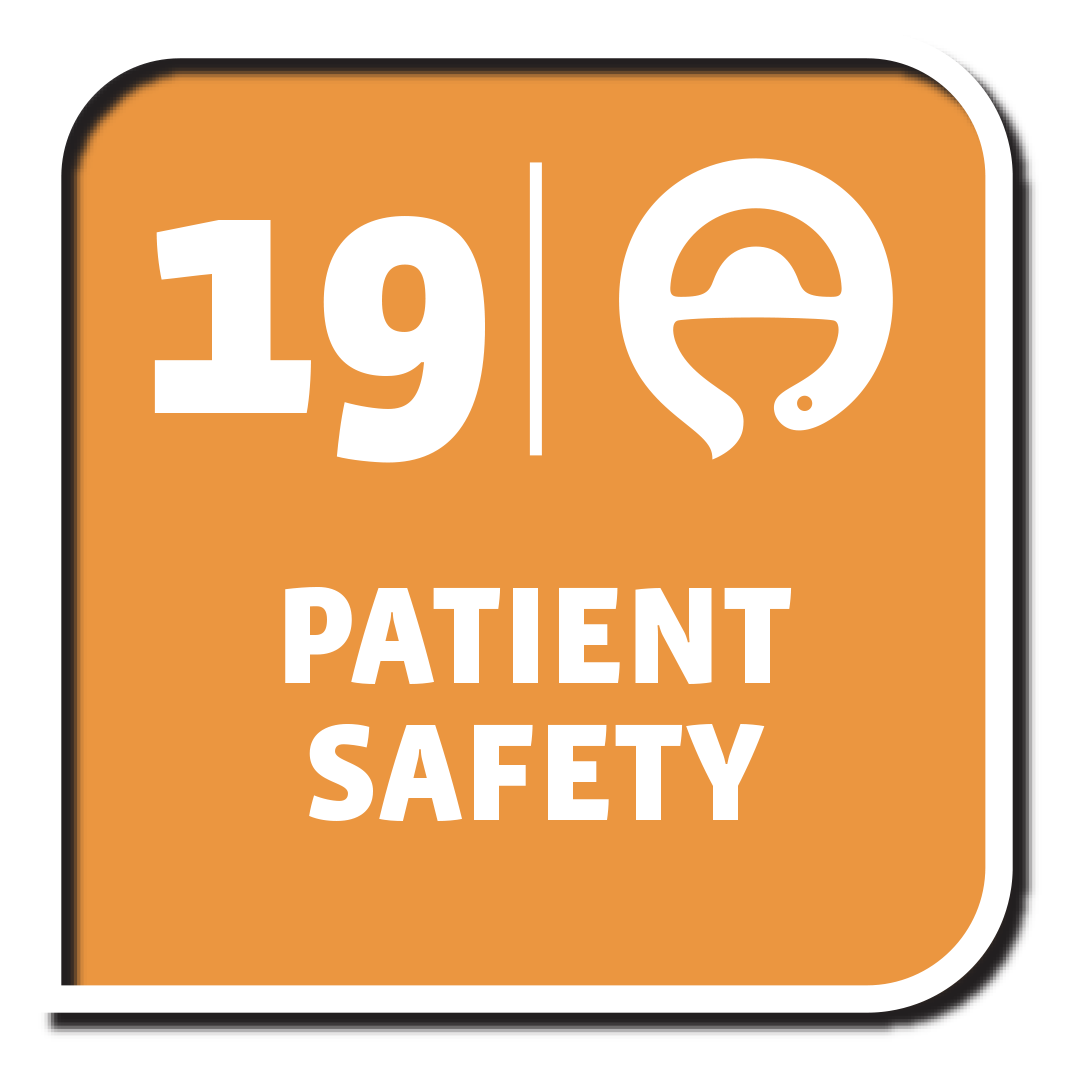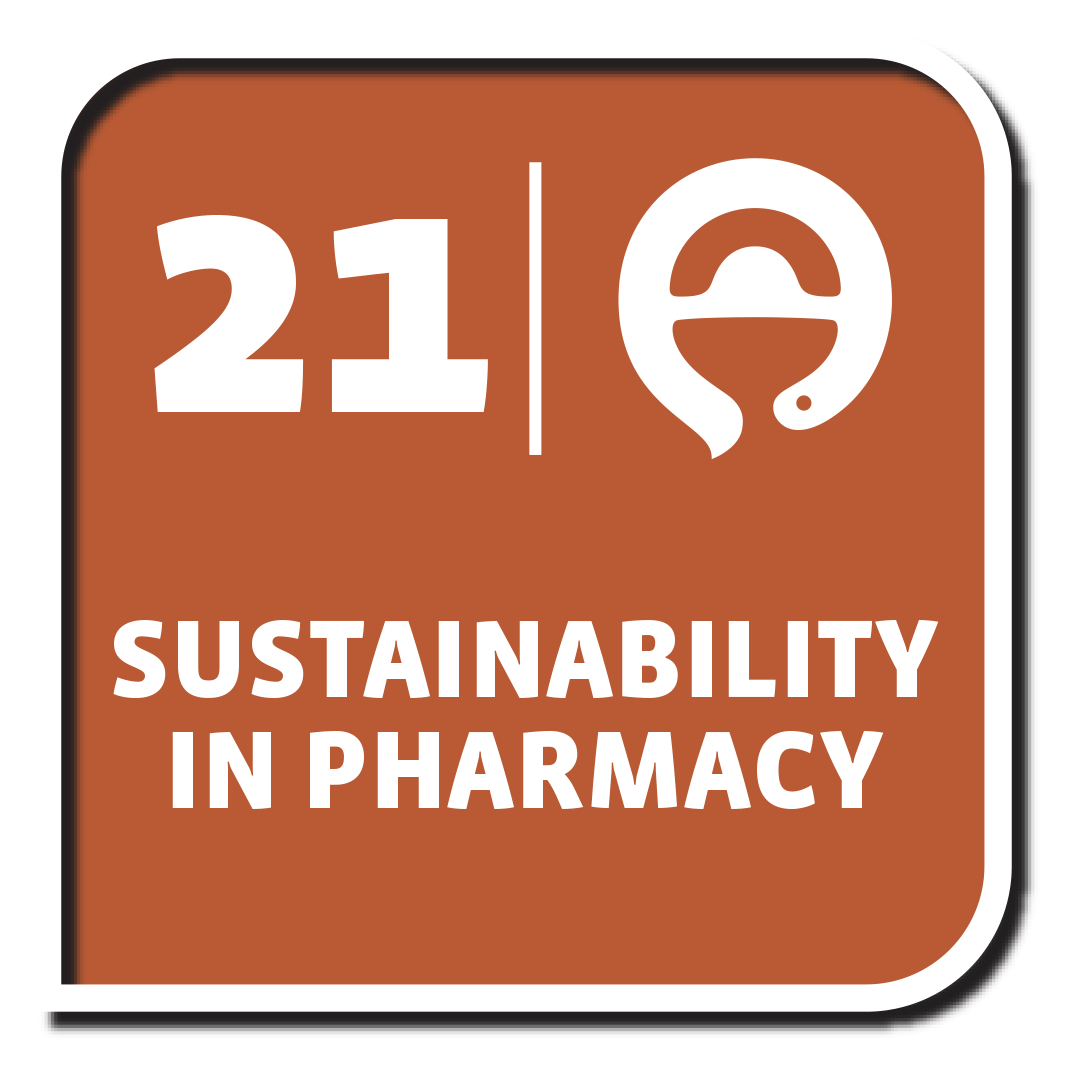PSTU-10 - Children are not just small adults! Tailoring science and pharmaceutical care to our youngest patients
Tracks
Auditorium 11
| Tuesday, September 2, 2025 |
| 14:30 - 16:00 |
| Auditorium 11 |
Details
Organised by the FIP Health and Medicines Information Section in collaboration with the FIP Drug Delivery and Manufacturing SIG, the FIP Personalised and Precision Medicine SIG, the FIP Academic Pharmacy Section, the FIP Hospital Pharmacy Section, the FIP Regulatory Sciences and Quality SIG & the FIP Community Pharmacy Section
Chair(s)
Dr Andy Gray, University of KwaZulu-Natal, South Africa & Mrs Froukje Harkes-Idzinga, ExCo member FIP Health and Information Section, Netherlands
Introduction:
Pharmacists play a crucial role in ensuring safe and effective treatment for paediatric patients, making specialised education in paediatric medicines essential. This session addresses the unique challenges pharmacists face in preparing, dispensing, and administering medications to children, particularly in collaboration with caregivers. A key focus will be on understanding paediatric ontogeny and designing appropriate formulations to optimise therapeutic outcomes.
Paediatric patients undergo significant physiological changes that impact drug absorption, distribution, metabolism, and excretion. The session will explore these age-related variations and their influence on pharmacokinetics and pharmacodynamics, providing pharmacists with insights into how children's bodies process drugs differently. This knowledge is vital for tailoring dosing strategies that enhance therapeutic efficacy while minimising adverse effects. Developing paediatric formulations that are safe, effective, and acceptable for children requires consideration of dosage forms, strengths, excipients, and precise dose measurement. The session will highlight the importance of formulation design in achieving optimal treatment outcomes and ensuring medication adherence in young patients.
Pharmacists and pharmaceutical scientists must rely on credible, evidence-based resources to guide the safe and effective use of medicines in children. This session will highlight technological tools and online resources that support informed decision-making. Special attention will be given to the prevalence of off-label prescribing in paediatrics and global regulatory initiatives aimed at ensuring medicines for children meet the highest standards of quality, ethical research, safety, and efficacy.
The session will integrate findings from the FIP report on paediatric preparations, providing an evidence-based framework for improving paediatric pharmaceutical practices. Understanding these will help to ensure that medicines are appropriately tailored for paediatric populations.
Programme:
Learning objectives:
1. To have awareness of evidence-based paediatric dosing, consider key PK/PD factors, and distinguish between on-label, off-label, licensed, and unlicensed medicine use.
2. To assess criteria that need to be considered when designing or compounding age-appropriate paediatric formulations that are acceptable and safe.
3. To determine where to find reliable information for both healthcare providers and children/caregivers on drug dosing and formulations.
Take home messages:
Pharmacists play a vital role in ensuring safe paediatric dosing by considering child-specific pharmacokinetics and pharmacodynamics in evidence-based recommendations.
When designing or compounding paediatric formulations, several aspects need to be considered. For example, which excipients could be safely used, formulation palatability, ease and accuracy of dosing and administration
Concerted scientific research is needed to support pharmacy practice regarding safe and effective medicines and use of medicines for children.
Collaboration among pharmacists, pharmaceutical scientists, and healthcare professionals is essential to empower caregivers and patients in the safe use of paediatric medicines.
FIP Development Goals:


 To learn more about these FIP Development Goals, click on the links below.
FIP Development Goal 14: Medicines Expertise
FIP Development Goal 19: Patient Safety
FIP Development Goal 21: Sustainability in Pharmacy
To learn more about these FIP Development Goals, click on the links below.
FIP Development Goal 14: Medicines Expertise
FIP Development Goal 19: Patient Safety
FIP Development Goal 21: Sustainability in Pharmacy
| 14:30 – 14:35 | Introduction by the chairs | |
| 14:35 – 15:00 | Bridging science and practice: insights into drug dosing for children | |
| Dr Raj Badhan, Pharmaceutical & Clinical Pharmacy Research Group (PCPRG), College of Health and Life Sciences, Aston, Pharmacy School, UK | ||
| 15:00 – 15:30 | Innovating paediatric formulations: A global overview | |
| Prof. Hala Fadda, Butler University, Indianapolis, USA | ||
| 15:30 – 15:55 | Panel discussion | |
| Prof. Leticia Caligaris, ExCo member FIP Community Pharmacy Section, Uruguay | ||
| Dr Horst-Dieter Friedel, Chair FIP Regulatory sciences and quality special interest group, Germany | ||
| Dr Amanda Cavness, Member Programme Committee FIP Hospital Pharmacists Section, USA | ||
| Mr Kevin Ben Laurence, Member FIP SIG Personalised and Precision Medicine, Singapore/Indonesia/Malaysia | ||
| 15:55 – 16:00 | Closing by the chairs |
Speakers
Dr Raj Badhan
FIP Health and Medicines Information Section
Bridging science and practice: insights into drug dosing in children
Prof. Hala Fadda
Butler University
Innovating pediatric formulations: A global overview
